Key points
Sleeping too much can mean different things to different people. Whether you’re regularly falling asleep during the day or finding that your night-time sleep feels a little excessive, this article explores the many different forms that sleeping too much can take.
We’ll cover:
- how much sleep is too much?
- reasons for excessive sleeping
- why am I sleeping so much and still tired?
- what you can do if you’re sleeping too much.
Am I oversleeping?
If your sleep habits are leaving you scratching your head and searching for answers to the question: “Why am I sleeping so much?” then this article should provide you with some of the answers.
Whether you find yourself needing a solid ten hours each night or you’re falling asleep at your desk during the day, we’ve done the research into the many reasons why you may be sleeping so much.
When it comes to sleeping too much, there’re a few key terms that are used, so let’s get started with some definitions.
If you’re sleeping too much in a 24 hour period it’s called oversleeping. This is generally considered to be sleeping for more than nine or ten hours in a night, but there’s no hard and fast rule.
The USA’s National Sleep Foundation (NSF) states that adults need around 7-9 hours of sleep per night,1 so this is likely why more than nine hours could be considered oversleeping, but it will depend on you individually.
If you’re sleeping too much during the day, it’s called excessive daytime sleepiness (EDS). This is a common problem which is believed to affect somewhere between 4-20% of people at any one time.2 3
If you’re experiencing EDS then you may sleep all night but still find that you nap or fall asleep during the day. It’s not that you’re choosing to sleep during the day, it’s more that you aren’t physically able to stay awake during daylight hours.
Feeling excessively sleepy during the day is not the same as feeling fatigued. With fatigue, you have an overwhelming tiredness and low energy that isn’t relieved by sleep. With EDS your physical need to sleep during the day will be irresistible.
The label of ‘excessive daytime sleepiness’ is sometimes used interchangeably with the term hypersomnia. EDS is actually a symptom of hypersomnia. Hypersomnia refers to when someone experiences either episodes of EDS or sleeping too much at night, or the two together.4
So now we’ve covered the science terms, let’s look at the potential reasons for excessive sleeping.
Sleeping too much can be a sign of a sleep disorder.
Take our short sleep quiz today to see if your sleep might be being disrupted due to insomnia and find out how Sleepstation can help you get back to sleeping on a healthy schedule.
Why do I sleep so much?
How long you personally need to sleep for each night is individual to you.
You might feel like you’re sleeping too much because you sleep more than friends or family, but there’s no one-size-fits-all number of hours that you should sleep at night. Your sleep need is influenced by several factors including your:
- age
- activity level
- genetics.
We often hear that we need eight hours of sleep per night, but this figure should just serve as a rough guide. Some people will get by very well on seven hours and others may need a full ten hours to wake up feeling refreshed and ready for the day.
We’re all different and so is our sleep need.
If your daily routine involves a lot of physical activity, such as working a manual job or you play a lot of sport, then this might be reflected in how long you sleep for. Your body needs an adequate amount of sleep to allow your body to rest and recuperate from the physical demands of the day.
As you sleep, your mind and body shift into maintenance mode: muscles are repaired, waste products are removed from your body and your immune system gets to work to take care of inflammation. This is why you can go to bed with aching muscles and joints and wake up feeling pain-free and refreshed.
At the same time, your brain processes emotions and experiences you’ve gone through during the day and forms memories. When you wake, your mind should be ready to take in everything you’re going to bombard it with during the day. You should feel mentally rested, as well as physically.
Let’s start with a healthy scenario: you find yourself sleeping a lot because your body physically needs that amount of sleep to keep you performing at your best.
When you’re getting enough good-quality sleep, you should wake up feeling ready to take on the day. On the flip side, we can probably all relate to waking up and having to drag yourself out of bed, spending the day with low energy and motivation after a bad night’s sleep.
So, if you’re sleeping a lot at night but you spend your days being very physically active, this could be one natural explanation for you. Just remember not to compare yourself to those around you. Your sleep need is as unique as you are.
Now let’s look at a different scenario: you’re sleeping at night but you’re not waking up refreshed and you’re feeling sleepy during the day.
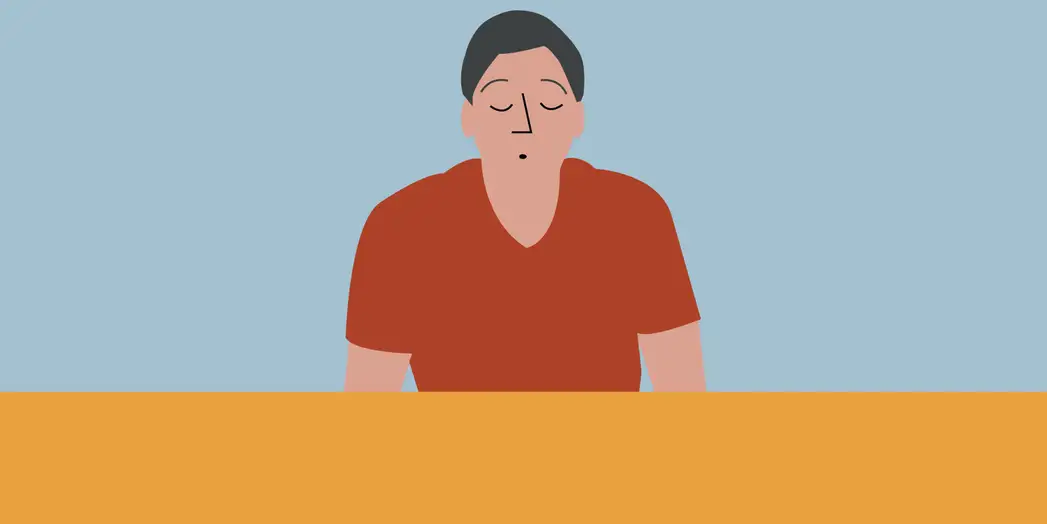
Daytime sleepiness can be a sign of sleep deprivation
The first thing to consider here is whether you’re actually getting enough sleep at night. Sometimes we don’t realise that the time we’re setting aside for sleep isn’t quite enough. Other times, our lifestyles might get in the way of our sleep.
When you consistently don’t get enough sleep at night, you can end up being sleep deprived. If your sleep need isn’t being met during your night-time sleep, your body will naturally want to catch up on sleep during the day.
In our hectic modern world, we often don’t leave ourselves enough time to get the sleep our bodies need. In fact, across the globe, sleep disorders have reached epidemic levels. We try to pack so much into our days that sleep gets put on the back-burner.
And when we don’t give sleep the priority it needs then we’re setting ourselves up for sleep deprivation. So if you find that you’re sleeping a lot during the day, it could be that your night-time sleep is not sufficient.
If this sounds like you, there’re plenty of simple steps you can take to get your night-time sleep back on track and stop you needing to sleep so much during the day. Keep reading because we’re going to discuss plenty of ways to get your sleep back on schedule.
If you’re confident that the quantity of your night-time sleep is adequate but you’re still feeling tired or falling asleep during the day, then we need to have a look at what could be affecting the quality of your sleep.
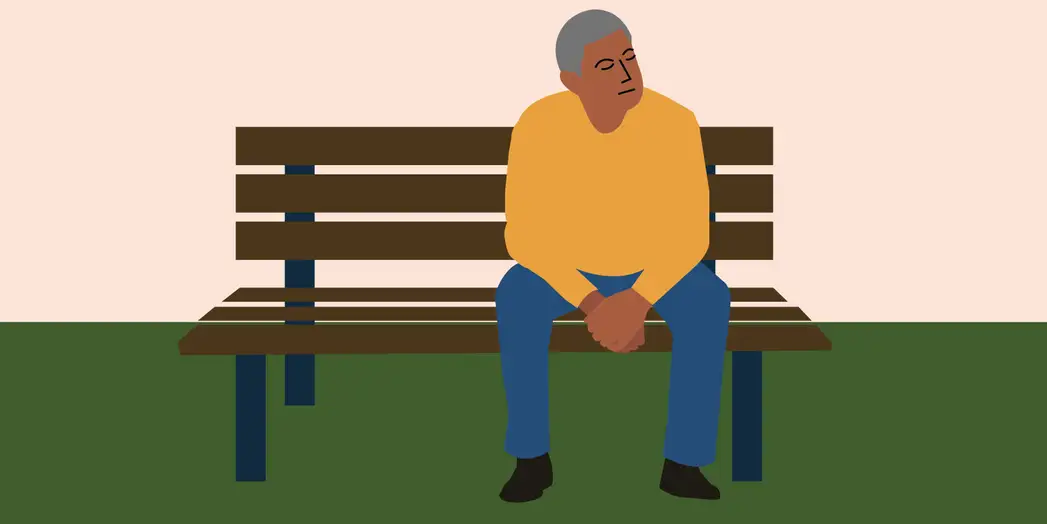
Why am I so sleepy?
If you’re getting a lot of sleep but you’re waking up still sleepy then something is out of balance. It could be that the sleep you’re getting is not good quality sleep or that you’re waking during the night. Either way, this deserves a little more investigation.
Feeling excessively sleepy during the day can be a symptom of several disorders, such as:
- obstructive sleep apnea (OSA)
- circadian rhythm disorders
- parasomnias
- insomnia
- narcolepsy
- mental health disorders.5
We’ll now explore some of these in more detail.
Obstructive sleep apnea (OSA)
One sleep disorder that can leave you waking up tired is obstructive sleep apnea (OSA). It’s one of the most common causes of EDS.6 With OSA, your airway collapses while you’re sleeping, causing you to stop breathing momentarily in your sleep.
People with OSA often report waking up feeling unrefreshed and sleepy, though this is not the case for everyone. In fact, many people with OSA don’t even realise they have the condition.
It could be that your bed partner hears you snoring, gasping or your breathing stop and start in the night and lets you know. Or it could be that you experience symptoms such as:
- waking with a dry mouth
- having a headache in the morning
- difficulty concentrating during the day.
If you think that you’re experiencing symptoms of OSA, you should speak to your healthcare provider. There’re a range of treatment options available for OSA, so it’s not something to just try and put up with.
Narcolepsy
Excessive sleepiness is a key feature of narcolepsy. People with narcolepsy experience:
- sleep attacks where you fall asleep suddenly, with no warning
- loss of muscle control (cataplexy) often in response to strong emotions such as laughter or anger
- sleep paralysis, where you can’t move but feel conscious when between wake and sleep
- excessive daytime sleepiness (EDS).7
EDS is a key symptom of narcolepsy. If you’re concerned that this may be the reason behind you sleeping too much, it’s worth speaking to your healthcare provider.
While there’s no one cure for narcolepsy, there are medications that may help with the symptoms. There’re also lifestyle changes that can help you to sleep better and minimise the effects of the disorder.
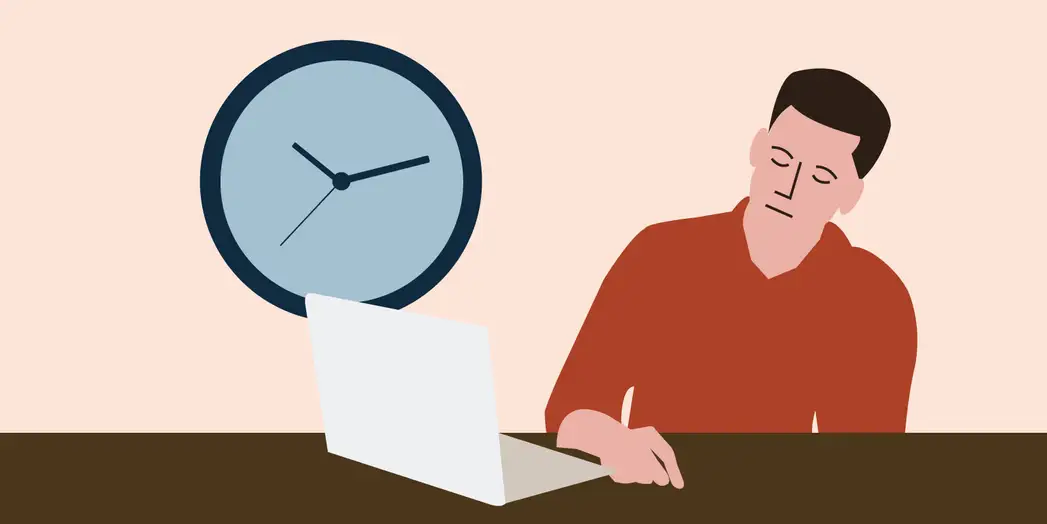
Parasomnias
Another possibility is that your sleep is being disturbed by a parasomnia. These can be defined as:
“undesirable behavioural, physiological, or experiential events that accompany sleep.”7
Common sleep disorders in this group include:
- sleepwalking
- night terrors
- sleep paralysis
- restless legs syndrome
- teeth grinding
- nightmares
- sleep talking.8
Parasomnias interfere with the quality and/or quantity of your sleep, so you wake up feeling unrefreshed. This explains why someone who is experiencing a parasomnia may feel sleepy all the time.
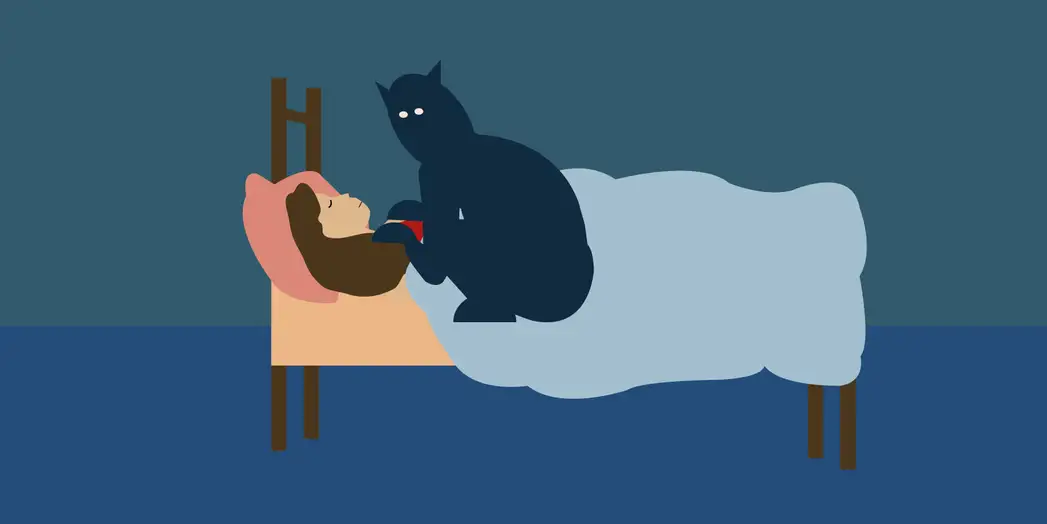
Idiopathic hypersomnia
When there’s no clear cause behind your excessive daytime sleepiness, it can be considered idiopathic hypersomnia (IH). This diagnosis is usually given when all other possible conditions have been ruled out.
While there’s no cure for IH, there are medication options that can improve your symptoms. One such drug is Modafinil (Provigil) which is a wake-promoting stimulant and can help you to stay awake.9 10 11
In August of 2021, the American Food and Drug Administration (FDA) approved its first treatment for IH. It’s marketed under the brand name Xywav and is a combination of calcium oxybate/magnesium oxybate/potassium oxybate/sodium oxybate, often referred to as lower-sodium oxybate.12
This drug may help people with IH to achieve deeper sleep at night, so reducing their symptoms of daytime sleepiness. For the time being though, it’s only available in the USA.
Mental health and sleeping too much
Feeling sleepy all the time can occur when you’re experiencing mental health problems. Stress, anxiety and depressioncan all affect how you sleep, making it harder to fall asleep at night or causing you to feel sleepy during the day.
If you’re sleeping for long periods of time in the day, it’s worth considering how you’re feeling emotionally as well as physically. Sleep and mental health have profound effects on each other. When your sleep is less than optimal, your mental health can dip and vice versa.
Hypersomnia commonly occurs in people with mood disorders and is actually thought to be present in 40% of depressed adults under 30 years old.13 14
One study on sleep duration and symptoms of depression found that people with long sleep duration (more than nine hours) had significantly more depressive symptoms than people with normal sleep.13
Taking steps to improve your mental health can have the added benefit of improving your sleep, so if you think that stress, anxiety or depression could be behind why you’re sleeping so much, it’s worth looking into ways to manage them.
Insomnia
If you’re experiencing insomnia your night-time sleep is going to be compromised, which can mean that you find yourself experiencing fatigue during the day, catching up on sleep through naps or having difficulty staying awake during the daytime hours.
Insomnia comes in many varieties, including difficulty falling asleep, trouble staying asleep and waking too early and not being able to get back to sleep. If you think you’re sleeping excessively during the day, you can take our short sleep quiz to see if you may have insomnia.
Why am I sleeping so much all of a sudden?
If you feel like your sleep habits have changed recently, it could be a good idea to keep a sleep diary for a while.
Record what time you go to bed, how long you think it took you to get to sleep and what time you woke up. You can also include whether you woke up refreshed or needing more sleep. This can help you to see if there’s any pattern to when you wake up sleepy.
It can also give you a rough idea of how much sleep you’re getting each night. Sometimes we think we’re giving ourselves an adequate amount of time to sleep, but in fact it adds up to less time spent actually asleep than we thought
Some smartphone apps or fitness trackers can also give you a rough idea of how well you’re sleeping, but it’s worth bearing in mind that the results of these won’t be 100% accurate. They can only give you an estimate of how long you slept, only you can tell how well you’ve slept.
Keeping a sleep diary or using a tracker may help you to spot problems such as taking a long time to get to sleep at night, waking for multiple periods in the night or not being able to get back to sleep in the middle of the night.
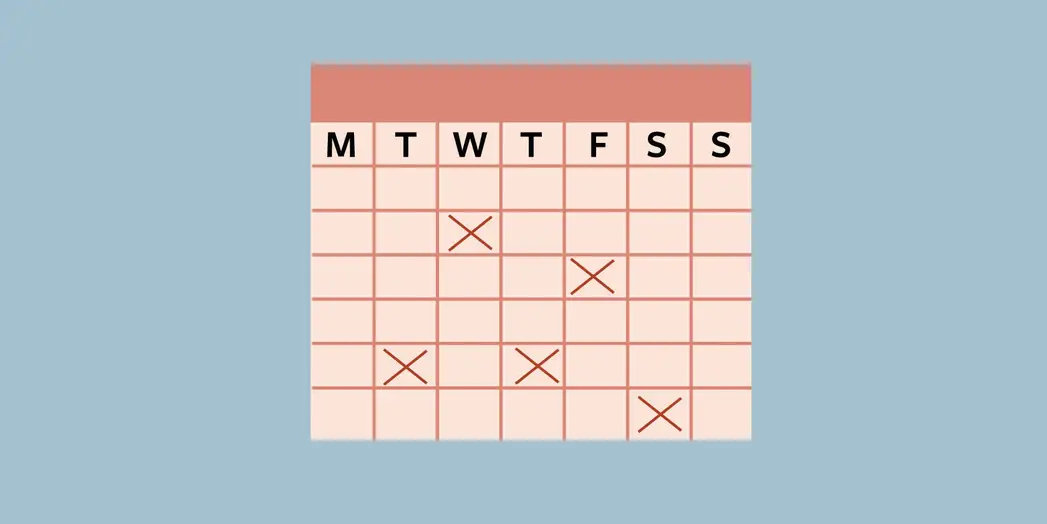
These can all be indicators of insomnia. By being mindful of your sleep and taking a good look at how you’re sleeping for a week or so, you might find that you can see where the problem lies.
If you’re ill or recovering from an illness, this can affect your sleep too. When your immune system is busy fighting infection, you may find that you sleep for longer, have trouble sleeping at night or feel the need to sleep during the day.
A relevant and recent example is long COVID, which can have a profound impact on your sleep. There’re also many simple infections, like the common cold or a stomach bug, that can alter your sleep both during the infection and during your recovery.
There’re plenty of medical conditions that can make you feel sleepier. Some common ones include:
- diabetes
- hypothyroidism
- anaemia.
And we know that people at all stages of a cancer journey can experience changes to their sleep, including sleeping too much.
So it’s definitely a good idea to get a general health check if you’re suddenly sleeping for extended periods or have a medical condition that could be behind your excessive sleep
Medication
Many types of medication can make you feel drowsy, sleepy during the day or experience excessive daytime drowsiness. We’re not just talking about sleeping tablets either, there’re plenty of different types of medication that list drowsiness or sleepiness as side effects.
Many antidepressants can cause sleepiness, which is one reason that many antidepressants are prescribed to help sleep. A good example here is mirtazapine, which is an antidepressant commonly prescribed for sleep problems.
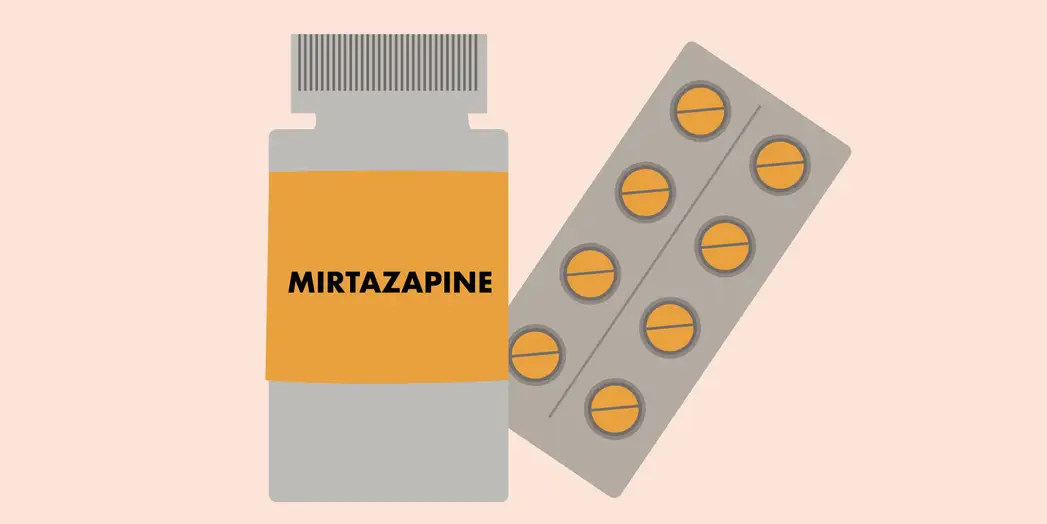
But mirtazapine can also cause you to experience daytime sleepiness. Problems can arise when the medication you’re taking causes you to sleep excessively or be sleepy at the wrong time of day. These unwanted effects can then interfere with your daily life.
If you’re taking medication and are finding yourself sleeping during the day or suddenly sleeping a lot, then you might want to check the patient information leaflet to see if it could be a side effect of what you’re taking.
Drugs prescribed to help you sleep can cause daytime sleepiness and this is often a sign that the dosage needs adjusting to suit you personally. When this sedation continues after you wake, you can find yourself sleeping during the day.
If you’re taking any medication for sleep and are finding yourself sleepy during the daytime, it’s worth discussing it with your healthcare provider.
Alcohol and caffeine
A wee nip of whiskey before bed has long been considered a good way to get a good night’s sleep, but this isn’t always the best idea. While alcohol can make you fall asleep quickly and easily, it actually affects your sleep quality.
So while you may fall asleep easily, you may find yourself waking up unrefreshed. If you’re drinking alcohol in the evenings before bed, try reducing or cutting out alcohol and see if your sleep improves.
Caffeine can increase the amount of time it takes you to fall asleep and can reduce how long you sleep for.15 So you might want limit in the run-up to bedtime if you’re finding yourself sleepy during the day.
How can I tell if I’m oversleeping?
Sometimes we all need a little more sleep and find ourselves sleeping for long stretches. This is completely fine, as long as you’re waking up feeling refreshed. But how much sleep is too much?
We mentioned this in the intro section, but studies tend to class oversleeping as anything over nine hours of sleep per night. This will depend on you as an individual, but the thing to keep in mind is that if you’re oversleeping, you won’t wake feeling refreshed and ready for the day.
True oversleeping can come with its own unique symptoms, which can include:
- feeling dizzy, nauseous
- having low energy
- headaches
- trouble concentrating or poor memory.
You might have experienced some of these sensations before ― sometimes when you take an unexpected nap, you can wake up feeling like your brain’s foggy or you feel worse than when you went to sleep. This sensation is known as sleep inertia.
It’s the same sensation you might experience for a short while when you wake up in the morning. A feeling of grogginess and not being quite awake that usually passes within about half an hour of waking up.
If you’re oversleeping, you’re likely to feel similar sensations, but the feelings don’t necessarily resolve within a short time after waking. When you’re sleeping too much, the symptoms can interfere with your entire day and affect how you function.
The dangers of too much sleep
It’s not only sleeping too little that can be bad for your health, oversleeping can have serious negative effects on your health too. Studies have found links between long sleep duration and increased risk of:
It’s also known that sleep duration can affect how pain is experienced in the body — long sleep duration (>10 hours) has been reported to greatly increase feelings of pain on waking.17
Additionally, too much sleep can also lead to higher levels of inflammation in the body18 and long sleep duration has been associated with an overall increased risk of death, particularly from cardiovascular disease.19
While we tend to realise that a lack of sleep can be bad for you, it’s important to also consider that too much sleep can have similar negative effects too. So if you feel like you’re sleeping too much, it’s not something to ignore.
If you want to get back to sleeping on a regular schedule, we’ve got some simple tips that can have a big effect. Often, you don’t have to make major changes to improve your sleep, so let’s look at these now.
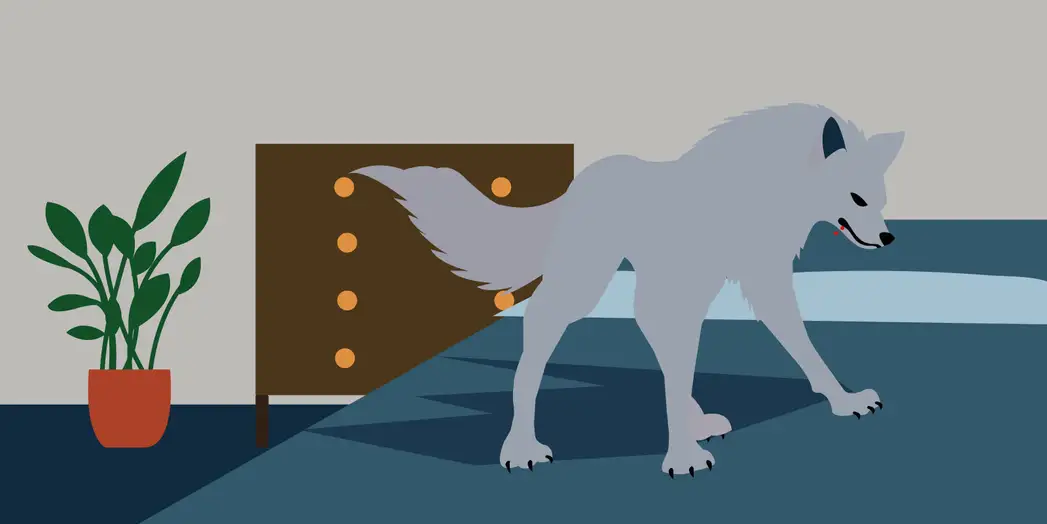
Getting your sleep back on track
If you’re sleeping too much, whether it’s during the day, at night or a mixture of the two, don’t despair. There’re plenty of simple steps you can take to try and get your sleep back on track. If they don’t work for you, our sleep improvement programme may be just what you need.
Let’s get started. Firstly you want to look at your daily routine. Ask yourself:
- What are you filling your days with?
- What time are you getting into bed and what time do you need to get up in the morning?
- Are you spending your evenings glued to a streaming site or scrolling through social media?
Sometimes all it takes is a little bit of mindfulness to spot what’s coming between you and your sleep. If you’re spending hours staring at a screen, then you might want to think about setting an evening limit to your screen time and consider setting up a relaxing wind-down routine instead.
Swapping out watching TV for something more relaxing like taking a bath or reading a book can help your mind and body to relax and prepare for sleep. By reducing your exposure to a bright screen you can improve the regulation of an important sleep hormone, melatonin.
Our work life can also affect our sleep. Whether you’re a shift-worker, you work a very physically demanding job or work in a fast-paced and highly stressful environment, you should consider the impact that your work schedule may be having on your sleep.
Think about whether you may be sleeping too much because it’s taking you a long time to get to sleep at night. There’re a lot of things that go into creating the perfect sleep environment and plenty of ways your sleep space can influence your sleep.
Taking care of your mental health is key to good sleep. Mental health problems can cause your sleep to go awry, so taking steps to minimise stress and anxiety and treating depression can have major positive impacts on your sleep.
There’s a host of ways to destress before bed, and thought-blocking exercises can be helpful if your brain is racing at night and keeping you from sleep.
If you’ve tried everything we’ve suggested above and you still feel like you’re sleeping too much, then you should contact your healthcare provider or get in touch with us directly at Sleepstation.
If your excessive sleepiness stems from a sleep disorder like insomnia, our programme could be just what you need. We use the gold standard treatment for insomnia: Cognitive Behavioural Therapy for insomnia (CBTi), which is incredibly effective and produces sustainable sleep improvement.
CBTi works by challenging negative beliefs and behaviours around sleep and helps you to create healthy sleep associations. Our programme’s success rate speaks for itself and you can see what our users have to say about their journeys back to better sleep, too.
We’ll work with you to identify ways to improve your sleep hygiene, expanding on the themes mentioned above. This helps you to spot factors in your routine and environment which may have been negatively affecting your sleep.
Summary
Sleeping too much can come in many different forms. Whether you’re sleeping too much at night, in the day or both, if it’s interfering with your daytime functioning then it needs addressing.
- Excessive daytime sleepiness (EDS) is a fairly common public health problem, estimated to affect up to 20% of the general public.13
- Sleeping too much, whether during the day, at night or both, can be a sign of an underlying sleep disorder.
- Oversleeping can have negative effects on your health and is linked to risks of many illnesses and diseases.
- Making positive changes to your daytime and evening routines can improve symptoms of excessive sleepiness.
- If you think you’re sleeping too much, take our quick sleep quiz to see if we can help you get back to sleeping well.
References
- Hirshkowitz M, Whiton K, Albert SM, Alessi C, Bruni O, DonCarlos L, et al. National Sleep Foundation’s updated sleep duration recommendations: final report. Sleep Health. 2015;1(4):233–43. ↩︎
- Ohayon MM. From wakefulness to excessive sleepiness: what we know and still need to know. Sleep Med Rev. 2008;12(2):129–41. ↩︎
- Ohayon MM, Dauvilliers Y, Reynolds CF 3rd. Operational definitions and algorithms for excessive sleepiness in the general population: implications for DSM-5 nosology: Implications for DSM-5 nosology. Arch Gen Psychiatry. 2012;69(1):71–9. ↩︎
- Classification of hypersomnias. Hypersomnia Foundation. 2020 [cited 2022 Jun 3]. Available here. ↩︎
- Dauvilliers Y, Lopez R, Ohayon M, Bayard S. Hypersomnia and depressive symptoms: methodological and clinical aspects. BMC Med. 2013;11(1):78. ↩︎
- Pagel JF. Excessive Daytime Sleepiness. Am Fam Physician. 2009 ;79(5):391–6. ↩︎
- Narcolepsy [Internet]. nhs.uk. 2022 [cited 24 May 2022]. Available here. ↩︎
- Markov D, Jaffe F, Doghramji K. Update on parasomnias: a review for psychiatric practice. Psychiatry (Edgmont). 2006;3(7):69–76. ↩︎
- Greenblatt K, Adams N. Modafinil. In: StatPearls [Internet]. StatPearls Publishing, 2022. ↩︎
- Heinzerling K. Medication development for amphetamine dependence. In: Interventions for Addiction. Elsevier, 2013, pp 459–465. ↩︎
- Minzenberg MJ, Carter CS. Modafinil: a review of neurochemical actions and effects on cognition. Neuropsychopharmacology 2008; 33: 1477–1502. ↩︎
- FDA grants first of its kind indication for chronic sleep disorder treatment [Internet]. U.S. Food and Drug Administration. FDA; [cited 2022 Jun 7]. Available here. ↩︎
- Plante DT. Hypersomnia in mood disorders: A rapidly changing landscape. Curr Sleep Med Rep. 2015;1(2):122–30. ↩︎
- Nutt D, Wilson S, Paterson L. Sleep disorders as core symptoms of depression. Dialogues Clin Neurosci. 2008;10(3):329–36. ↩︎
- ike M, Itani O, Watanabe N, Buysse DJ, Kaneita Y. Long sleep duration and health outcomes: A systematic review, meta-analysis and meta-regression. Sleep Med Rev. 2018;39:25–36. ↩︎
- Slater G, Steier J. Excessive daytime sleepiness in sleep disorders. J Thorac Dis. 2012;4(6):608–16. ↩︎
- Edwards RR, Almeida DM, Klick B, Haythornthwaite JA, Smith MT. Duration of sleep contributes to next-day pain report in the general population. Pain. 2008;137(1):202–7. ↩︎
- Irwin MR, Olmstead R, Carroll JE. Sleep disturbance, sleep duration, and inflammation: A systematic review and meta-analysis of cohort studies and experimental sleep deprivation. Biol Psychiatry 2016; 80: 40–52. ↩︎
- Kim Y, Wilkens LR, Schembre SM, Henderson BE, Kolonel LN, Goodman MT. Insufficient and excessive amounts of sleep increase the risk of premature death from cardiovascular and other diseases: the Multiethnic Cohort Study. Prev Med. 2013;57(4):377–85. ↩︎